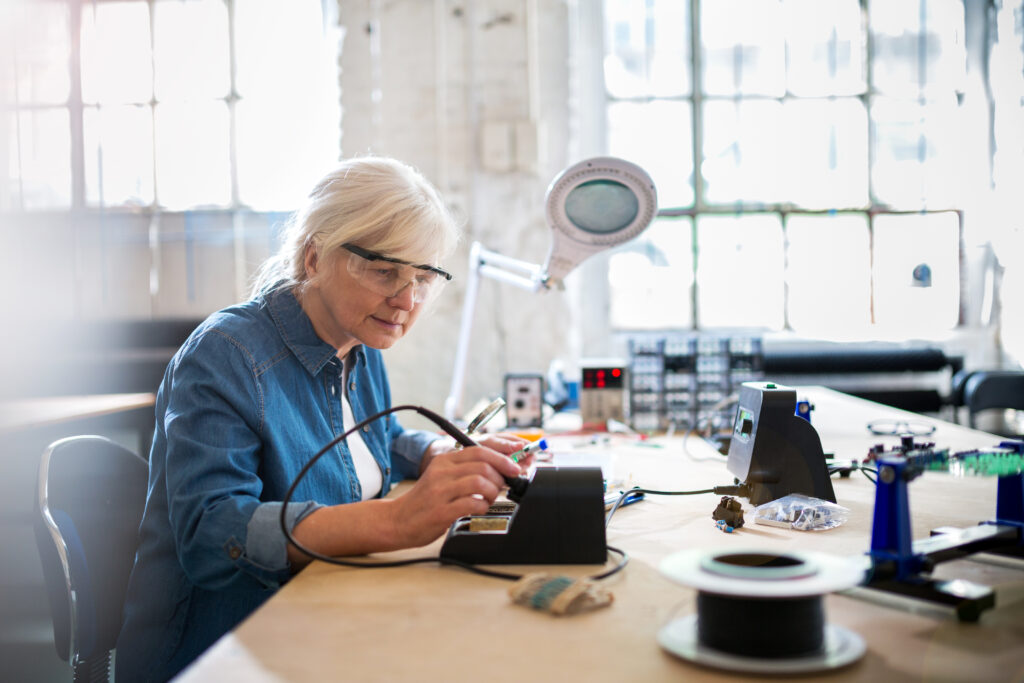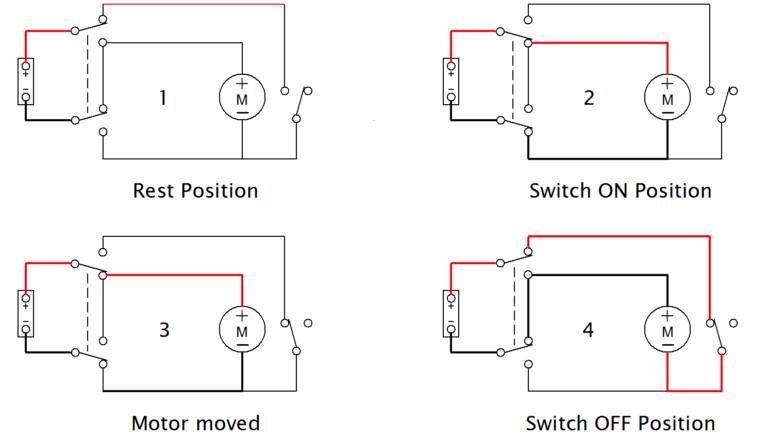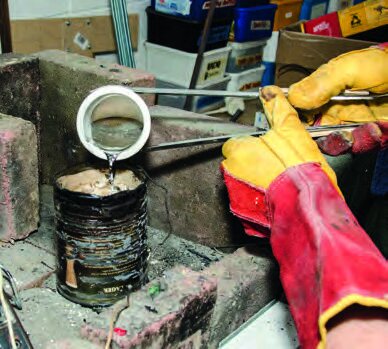
A new survey on global trends affecting women in the engineering/electronics industry has revealed that, although they still face major challenges, there are positive trends that highlight a continued movement towards equal treatment, regardless of gender.
This is the second survey element14 has conducted that is aimed at shedding light on women’s experiences, career paths, wider challenges, and opportunities in the engineering/electronics industry.
The results show that inequality needs to be addressed to achieve the equal treatment for all, and that women around the world remain underrepresented in the industry and continue to experience various forms of sexism and discrimination.
New questions covering discrimination, sexism, and equality were added to the 2022 survey, as these critical issues were noted as key areas in the original 2021 survey analysis.
“Differences in opinion were expressed on the challenges women face in our industry, which could help employers to understand what is working well for women in the workplace and what could be improved,” said Dianne Kibbey, global head of community and social media for element14.
Seventy percent (70%) of survey respondents said they would intervene when seeing discrimination, but the seniority of the person exhibiting discriminating behaviour was cited as the biggest obstacle to intervention. Twenty-five percent (25%) of survey respondents said that they had never experienced sexism in the electronics/engineering industry.
Pay is one area where there is a significant difference in opinion, with only 12% of men compared with more than 40% of female respondents saying they were aware of pay differentials.
“I was in a role where I was the only female and a top performer, yet I was being paid 20% lower than the lowest paid male on the team,” said one respondent of her experience.

More than half of the survey respondents said providing mentorship and development opportunities to women was important. Mentors are seen as the key to ensuring recognition, by being advocates. More than three-quarters of women felt mentorship helped them in their careers. Self-promotion by women was highlighted as a key issue, both in reference to being discriminated against for not positively communicating their achievements and the perception of being considered ‘aggressive’ when doing so.
One respondent recalled “being told by a mentor/professor on my course that being female I would not make it in engineering as I would have to be a lot better than the men”.
There was an overwhelming response from all genders encouraging women to be more confident, trust in their abilities, and take on the challenge of working in engineering. Some of the top drivers leading women to enjoy a career in engineering included the ability to work on diverse projects (25%), opportunities for getting a preview of what’s coming next in technology and seeing that come to life (16%), and career development (10%). The option for women to have flexibility and work/life balance (21%) was much higher than in the 2021 results.
One woman cited a major achievement of securing a 233% increase in new business from a client. She commented: “I took on Google as a customer when I was in Inside Sales. Through hard work, high-level collaboration, and intense focus on value-added services … we grew their account from less than 30K to 1 million over several years. Visiting their campus and connecting with those engineers in person during this time frame was one of the most rewarding experiences I’ve had.”
Women expressed the belief that they were perceived to be less technically capable than men. This view was not supported by male respondents, although men cited that women “missing out on career development opportunities” was an issue.
All genders shared similar views about the enforcement of policies. However, there was a combined decrease in enthusiasm for inclusion and diversity initiatives from 40% in 2021 to approximately 25% in 2022. Respondents cited being told, “to ‘dress sexy’ when pitching presentations for new business to executive directors”. In another instance, a respondent complained of “director-level opportunities being passed directly to a male colleague without the role being advertised”.
The eight-week global survey by element14 was open to all genders working in the electronics/engineering industry and launched on International Women in Engineering Day (23 June). Most of this year’s survey respondents (75%) were from Europe and North America, with further submissions received from Asia Pacific, Central and South America, China, the Middle East, and Africa. There was an even distribution of age, particularly from the 25 to 54 years group (totaling 74%), and 57% of respondents had more than 10 years of experience in engineering.



